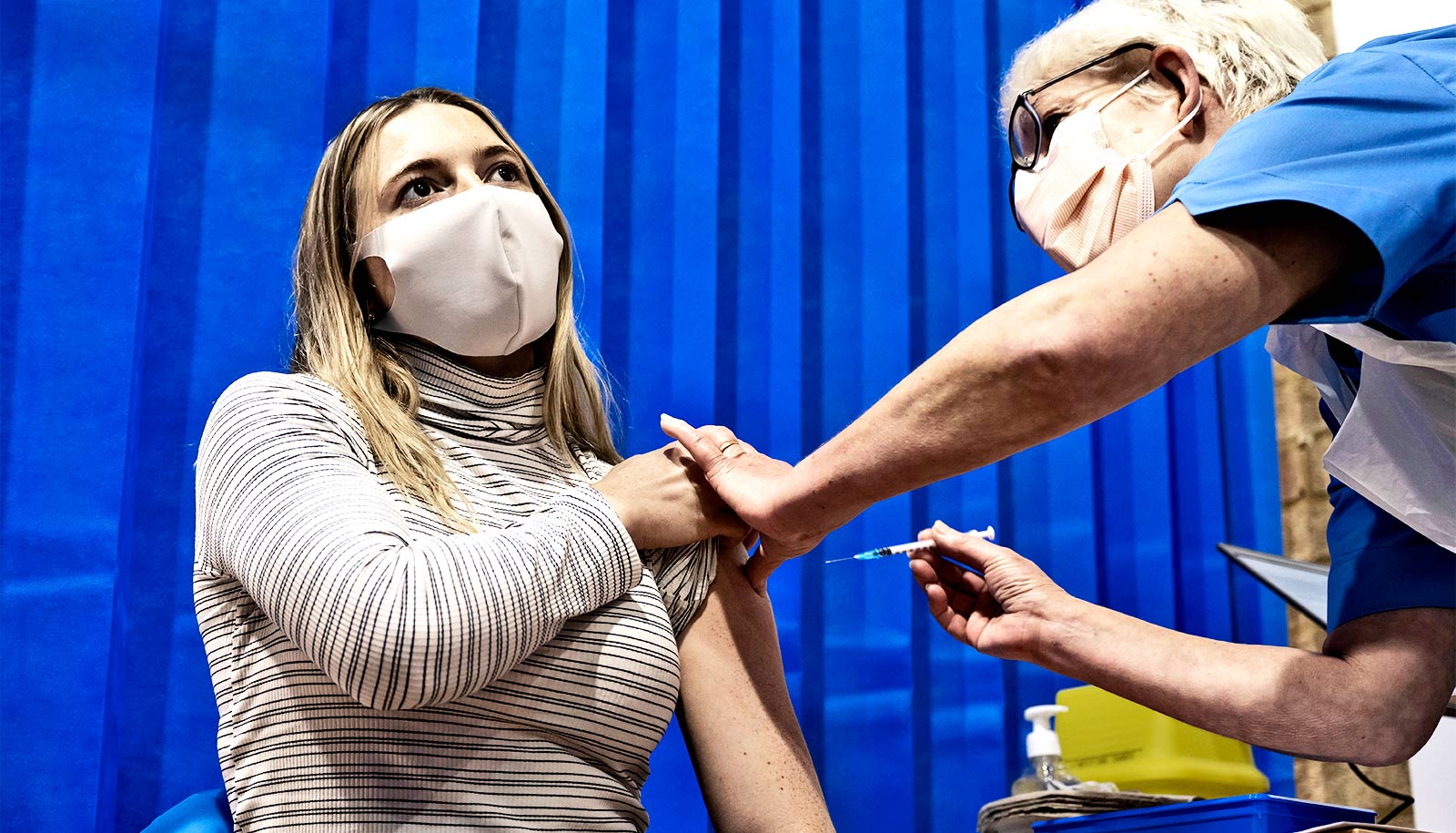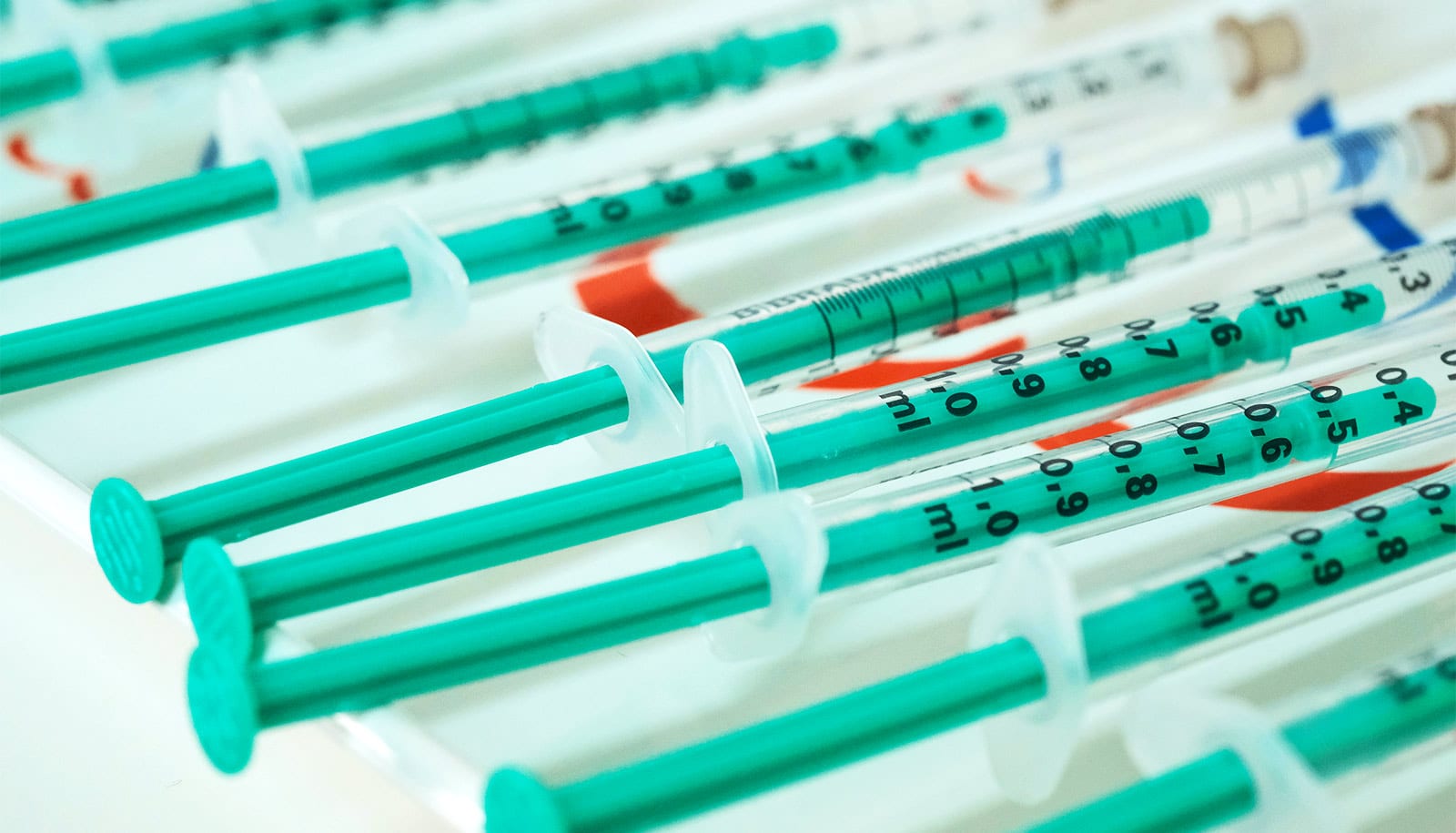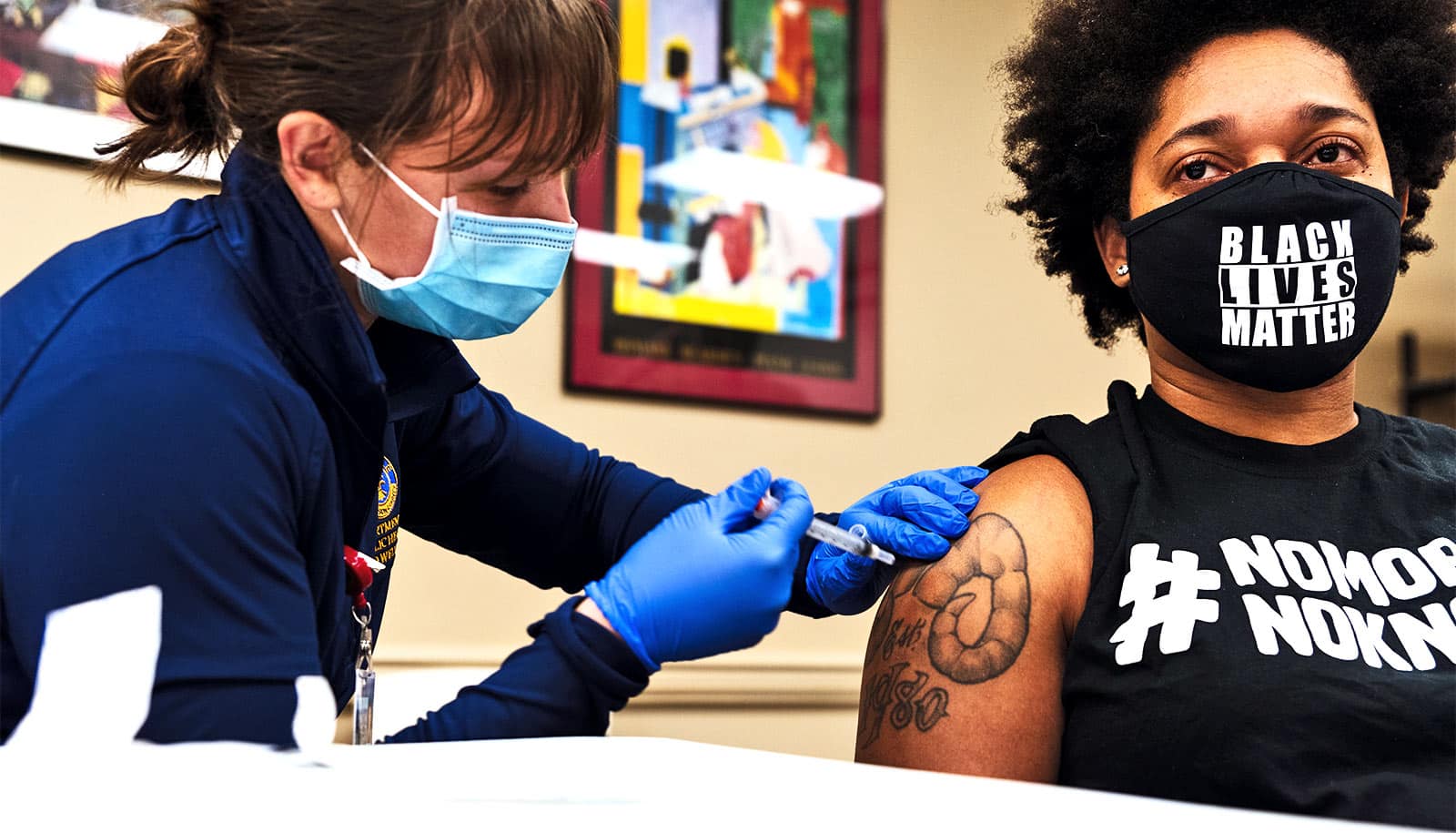Emergency use authorization of the Johnson & Johnson COVID-19 vaccine, the third now available in the United States, has led to questions about which shot is the best.
In clinical trials, the Moderna and Pfizer-BioNTech vaccines were shown to be about 95% effective against COVID-19, while Johnson & Johnson’s vaccine was 66.3% effective globally and 72% effective against the disease in the United States.
But comparing efficacies can be misleading, says Jeffrey Carson, a professor of medicine at Rutgers Robert Wood Johnson Medical School and principal investigator for Rutgers’ Johnson & Johnson trial, the second-largest in the country.
The statistics reflect only a snapshot of the time when the clinical trials were in progress, Carson says. “The best COVID-19 vaccine is the one you get,” he says.
Here, Carson discusses the common misperceptions about COVID-19 vaccine efficacy, which is how well a shot prevents disease and possibly transmission under controlled circumstances, and its effectiveness, which is how well it performs in the real world:
What could account for the difference in vaccine efficacy?
There are at least two explanations for these results. The other vaccines are better or we are not making a fair comparison. The only way you can truly determine if one vaccine is more effective than another is to do a head-to-head comparison in which you recruit and randomize participants from the same population at the same time.
The Moderna, Pfizer, and Johnson & Johnson vaccines were tested at different times and under different circumstances. While the Moderna and Pfizer vaccine clinical trials targeted the predominate SARS-CoV-2 variant that had arisen in China, Johnson & Johnson’s Phase 3 trials started after other variants had emerged. Since these variants might be more resistant to a vaccine, a lower efficacy would be expected.
Although the Johnson & Johnson vaccine was less effective at preventing any form of COVID-19, it was shown to be 85% effective in preventing severe disease, with no deaths or hospitalizations. Preventing the most serious forms of the disease is the most important problem we want to solve, and this vaccine will reduce your risk of becoming severely ill or dying from this illness.
What are the differences and similarities in the vaccines?
While the vaccine platforms are different, they are all effective. Moderna and Pfizer use genetic material known as mRNA to instruct cells to make SARS-CoV-2’s spike protein to help the immune system to recognize the virus. The Johnson & Johnson vaccine uses DNA packaged in an adenovirus—a type of virus that causes the common cold—to instruct the cells to make the spike protein. This is an established platform that has been used for decades for diseases like Ebola.
Moderna and Pfizer require two shots, while Johnson & Johnson does not require a booster. The side effects, like fatigue and flu-like symptoms that sometimes are experienced more commonly with the second dose of the other vaccinations, are a bit less common with the Johnson & Johnson vaccine.
What should people be aware of after they receive the vaccine?
It typically takes two weeks after vaccination for the body to build immunity against the virus, which means it is possible for someone to still contract COVID-19 leading up to or just after vaccination.
Since we are still learning about how the vaccines protect us, it is important to continue to practice the safety provisions of wearing a mask, social distancing, and regularly washing your hands.
The most important action people can take is to get any available vaccination. The sooner we can vaccinate a majority of the population, the less risk we are for developing new variants.
Source: Rutgers University



